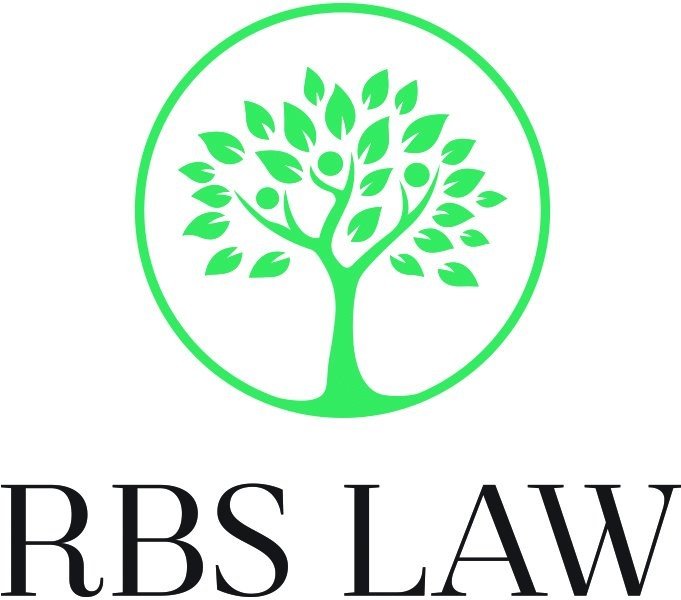Good estate planning creates a roadmap to ease the burden of estate administration for your loved ones. During your free initial consultation, we ask questions about your concerns and your goals. Once we understand what’s important to you, then we can create a tailored plan for your unique situation.
Most estate plans will include a will or a trust:
Will – a Will is a document that is effective upon your death and provides your survivors and the court with instructions on who should be in charge of administering your estate, who should be the guardian for your minor or disabled children, to whom your property should be given, and under what conditions your beneficiaries are to receive their inheritance.
Trust – A Trust is an agreement under which a person (the “Settlor”) designates another person or entity (the “Trustee”) to manage the assets titled in the name of the Trust for another’s benefit (the “beneficiaries”)
There are many different types of trusts. Here are the most common types of trusts that I draft for my clients:
Testamentary Trust – a testamentary trust (often called a will trust or a residuary trust) is a trust that arises upon the Settlor's death and the terms of the trust are detailed in his or her will. A Settlor's property and assets are only transferred into the trust when the Settlor dies. Using a testamentary trust in a will allows you to leave a gift to a child and also to name a trustee to manage the child's assets until he or she is old enough to manage the property him or herself.
Revocable Living Trust – a Revocable Living Trust, also simply called a Living Trust, is a trust that can be revoked by the person who created it during that person’s lifetime. In a Revocable Living Trust, the Settlor is typically the Trustee of the trust during the Settlor’s own lifetime, but if the Settlor becomes incapacitated or dies, a successor trustee takes over to manage the trust assets.
Special Needs Trust - A Special Needs Trust is a unique type of trust that can be used to conserve an elderly or disabled person’s assets, yet still qualify for Medicaid, Supplemental Security Income (“SSI”), and possibly other public benefits. The assets of a Special Needs Trust can provide for non-support, quality of life needs of the beneficiary of the Special Needs Trust.
Powers of Attorney come into play before death, when someone is unable to make decisions as a result of an accident or disability. There is a Power of Attorney for medical decisions and financial decisions:
Medical Durable Power of Attorney - a Medical Durable Power of Attorney allows your trusted friend or family member (your “Agent”) to make medical treatment decisions for you if you are unable to communicate your wishes to doctors. Without one, you must have a guardian appointed by the court before personal and health-related decisions can be made on your behalf.
General Durable Power of Attorney - a general durable power of attorney allows you to appoint someone you know and trust (your “Agent”) to make your financial decisions and access your money when you cannot. Without one, you must have a conservator appointed by the court before financial decisions can be made on your behalf.
If you are incapacitated without these legal documents, then you and your family will be involved in a probate proceeding (a guardianship or conservatorship). This is the court proceeding where a judge determines who should make these decisions for you and requires ongoing supervision of the court.
Here are a couple of other estate planning documents related to medical decisions:
Advance Directive for Medical or Surgical Treatment (Living Will) - an advance medical directive is a written statement regarding your beliefs, decisions, and wishes regarding medical issues that is to be followed when you are unable to express your wishes.
HIPAA Authorization - this form authorizes your Agents to obtain your medical information in order to determine if you are incapacitated or what treatment you need.

